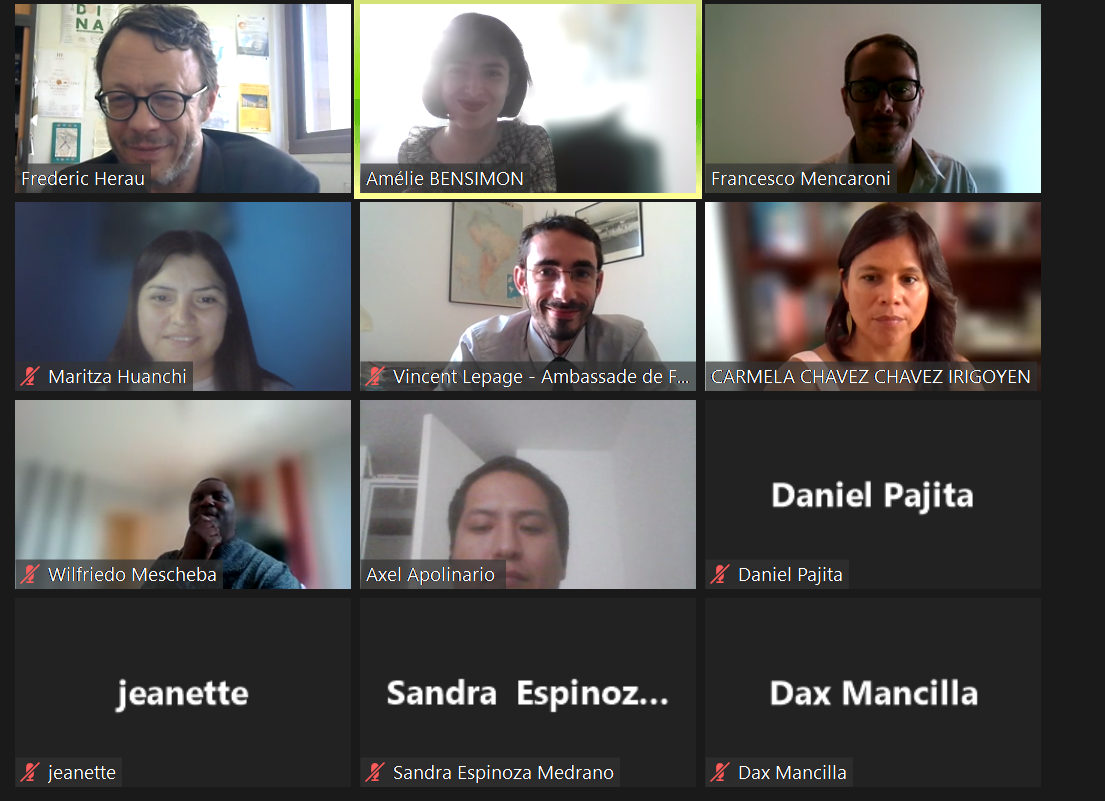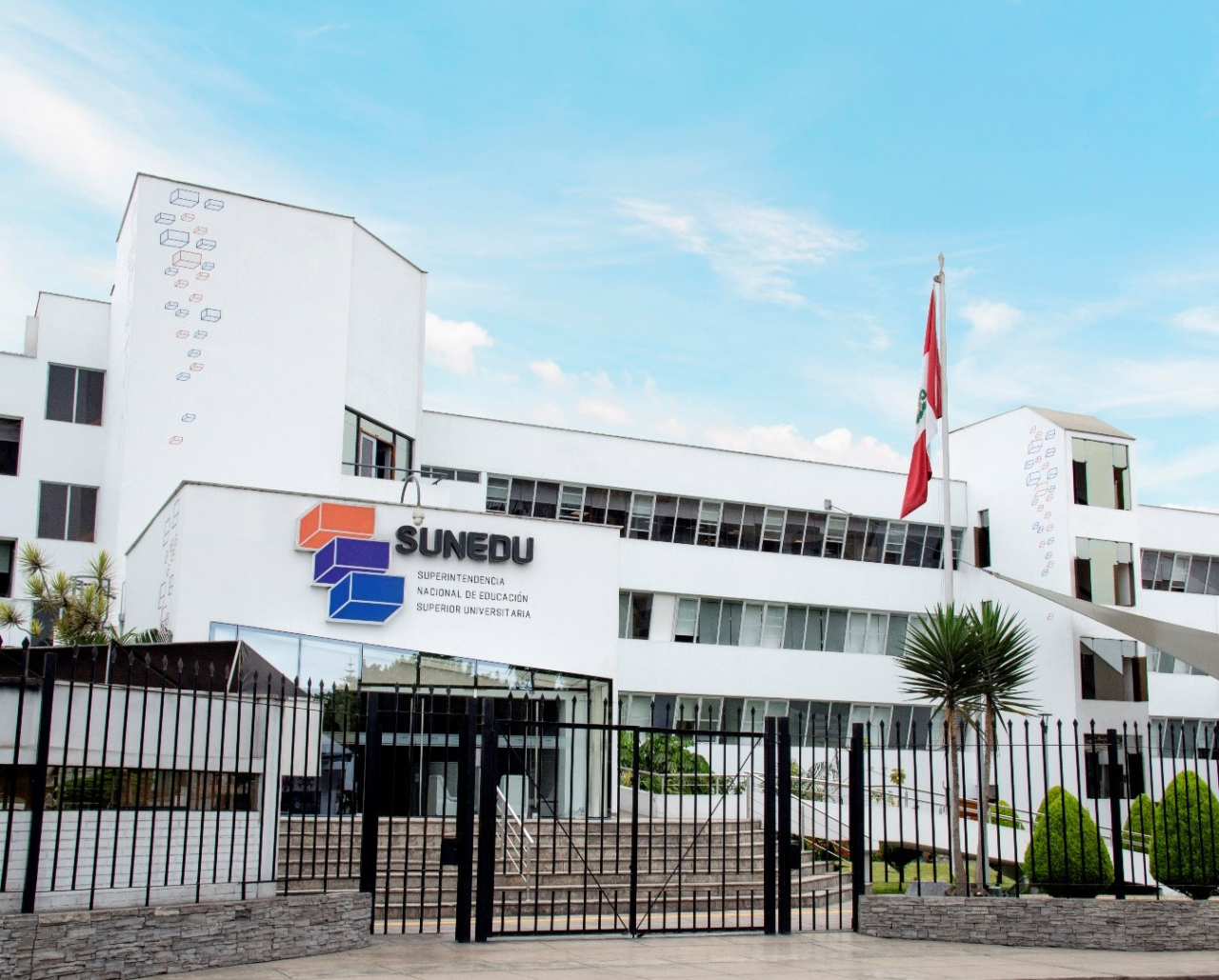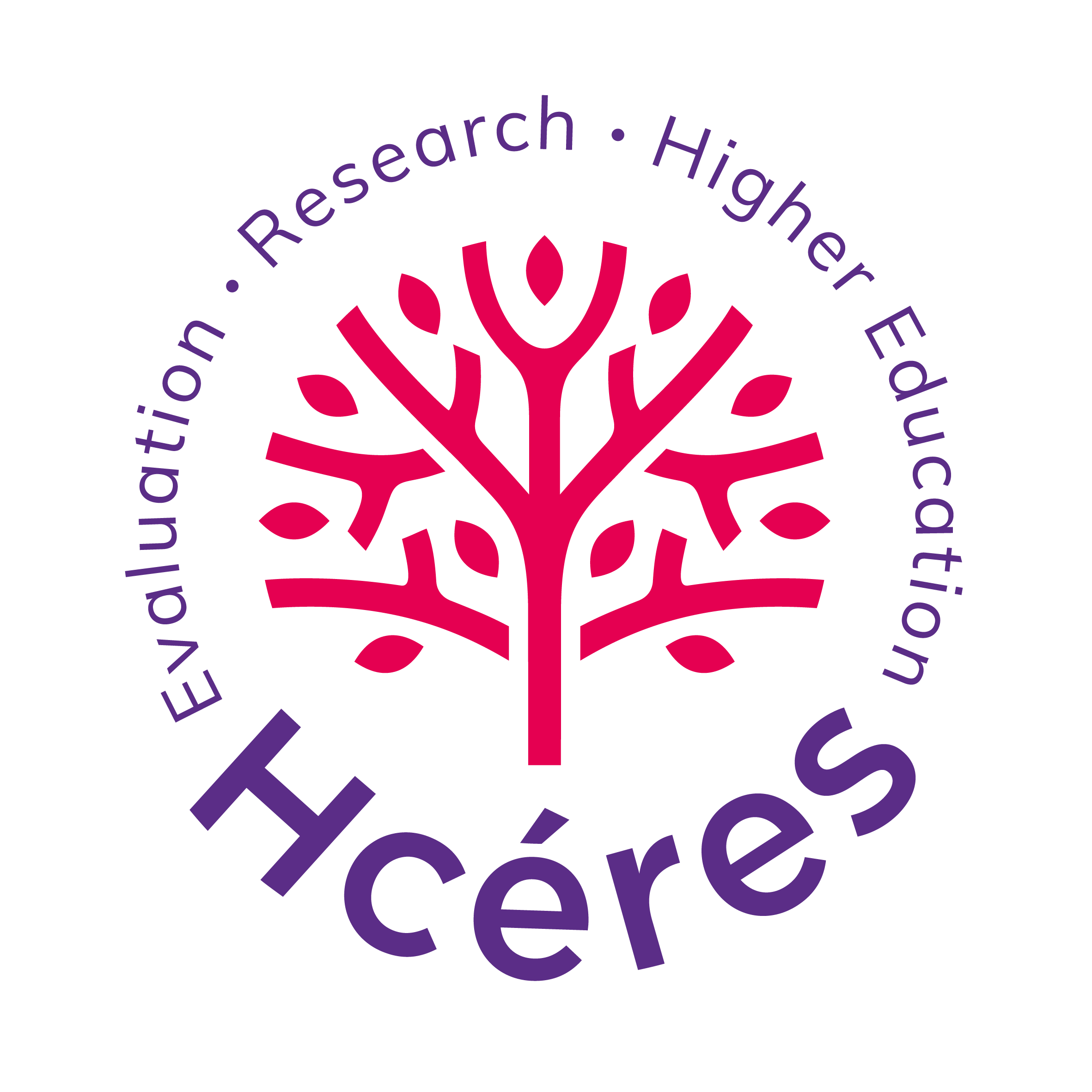International
Feedback on the collaboration between Hcéres and the Peruvian agency Sunedu
Published on
What is the place of women in the Peruvian higher education system? Based on an in-depth analysis of student trajectories, the Peruvian agency Sunedu has carried out a study of the distribution of men and women in terms of access to higher education, the chosen field of study, and the consequences on employability and salaries.
Unsurprisingly, the study found a marked masculinisation in the fields of science and technology (93% of male students in metallurgy, mechanics and electronics), while women represented almost the entire cohort in the fields of care. The report made a series of recommendations to public authorities to promote access to studies in 'male' fields for women, and vice versa. Although there is still no national plan for gender equality in Peru, this type of statistical tool is an essential prerequisite for guiding future policies.

Picture : representing Hcéres, Frédéric Hérau (DER), Amélie Bensimon (DEI), Wilfriedo Mescheba (OST). For the Sunedu, Francesco Mencaroni, (international cooperation analyst), Maritza Huanchi, (economist) Carmela Chávez (foreign education systems specialist)
On the Hcéres side, the teams highlighted the work carried out by the Department of research evaluation (DER) and the science and technology Observatory (OST) through the national synthesis and prospective on mathematics. Professor Frédéric Hérau, coordinator of the study for the Department of research evaluation (DER), and Wilfriedo Mescheba (OST), presented the main results and the methodology used, which also emphasised the very unequal distribution of men and women in the field of mathematics. Sunedu's representatives were particularly receptive to the bibliometric work carried out.
The agencies agreed on the importance of the research activities undertaken within evaluation agencies, according to their respective mandates, and their capacity to exploit the certified data from the evaluations. The specific topic of gender equality can be addressed by the agencies both in the external evaluations they carry out, but also in the organisation of the evaluation procedures and their internal policy on professional equality (i.e. role of the equality officer at Hcéres).

Picture : premises of the peruvian agency Sunedu which is based in Lima



